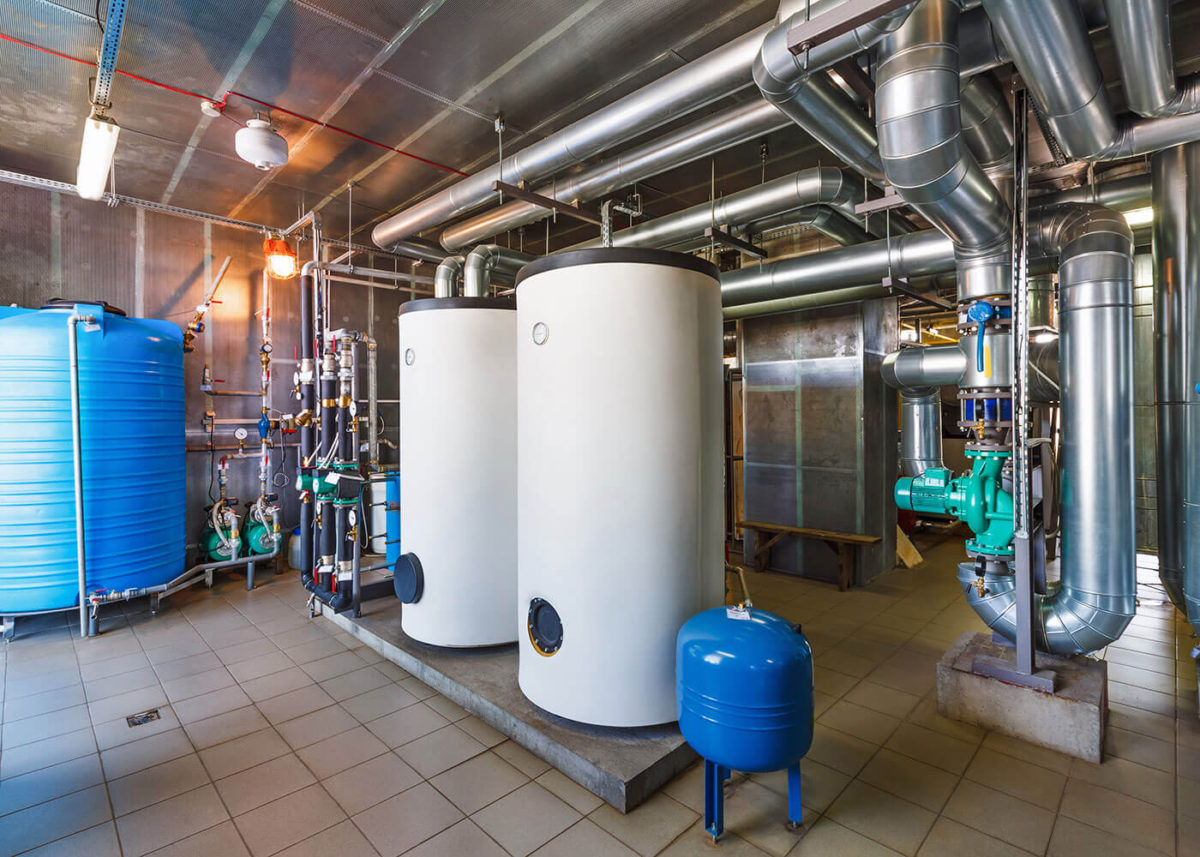In residential water heating, gas hot water systems stand out for their efficiency, reliability, and cost-effectiveness. From traditional storage tank systems to modern tankless alternatives, gas-powered water heaters offer homeowners a range of options to suit their specific needs. In this exploration, we delve into the diverse landscape of gas hot water systems, examining their various types, installation processes, and advantages.
Introduction to Gas Hot Water Systems:
Gas hot water systems utilise natural gas or propane to heat water for domestic use, providing households with a constant and reliable hot water supply. These systems are known for their energy efficiency and rapid heating capabilities, making them popular among homeowners seeking to reduce energy costs and improve overall comfort.
Types of Gas Hot Water Systems:
1. Storage Tank Systems:
- Traditional storage tank systems consist of a large insulated tank that stores heated water until needed. A gas burner or electric heating element heats the water within the tank to the desired temperature. These systems are inexpensive to purchase and install but may have higher operating costs due to standby heat loss.
2. Tankless (On-Demand) Systems:
- Tankless gas hot water systems, also known as on-demand or instantaneous systems, heat water directly as it passes through a heat exchanger. This makes it possible to get hot water on demand without a storage tank. Tankless systems are more energy-efficient than storage tank systems since they only heat water when needed, resulting in lower energy costs and reduced standby heat loss.
3. Combination (Combi) Boilers:
- Combination boilers, also known as combination boilers, are small appliances that can be used as hot water heaters and central heating boilers simultaneously. These systems heat water on demand and can provide space heating for the home as well. Combi boilers are particularly popular in smaller houses or apartments where space is limited, and a separate water heater and boiler would be impractical.

4. Heat Pump Water Heaters:
- Heat pump water heaters don’t produce heat directly; instead, they transfer heat using electricity. Gas-powered heat pump water heaters, also known as hybrid water heaters, combine the energy efficiency of heat pump technology with the rapid heating capabilities of gas burners. These systems can significantly reduce energy costs compared to conventional gas hot water heaters.
Gas Hot Water System Installation:
1. Assessment and Sizing:
- The first step in installing a gas hot water system is to assess the household’s hot water needs and determine the appropriate size and type of system. Factors such as the number of occupants, usage patterns, and available space will influence the selection of the system.
2. Location and Ventilation:
- Proper location and ventilation are critical considerations for gas hot water system installation. The system needs to be installed away from flammable objects and in a space with good ventilation. Ventilation requirements vary depending on the type of system and local building codes.
3. Gas Line Connection:
- A qualified plumber will install the gas piping and connections necessary to supply the hot water system fuel. Proper sizing and installation of gas lines are essential to ensure safe and efficient operation of the system.
4. Water Heater Installation:
- Once the location, ventilation, and gas supply have been addressed, the gas hot water system can be installed. This typically involves mounting the unit securely, connecting the water supply lines, and installing any necessary venting or exhaust components.
5. Testing and Commissioning:
- After installation, the system is thoroughly tested to ensure proper operation and safety. This includes checking for gas leaks, verifying water pressure and temperature, and confirming that all controls and safety devices function correctly.
Advantages of Gas Hot Water Systems:
1. Energy Efficiency:
- Gas hot water systems are known for their energy efficiency, especially tankless and hybrid models. These systems minimise energy waste and reduce operating costs by heating water only when needed.
2. Rapid Heating:
- Gas hot water systems heat water quickly, providing a constant supply of hot water on demand. The system needs to be installed away from flammable objects and in a space with good ventilation.
3. Reliability:
- Gas hot water systems are highly reliable and can provide consistent hot water even during periods of high demand. This reliability is especially important for large households or commercial applications.
4. Longevity:
- With proper maintenance, gas hot water systems can have a long service life, often exceeding that of electric or other water heaters. This can result in lower long-term costs and greater peace of mind for homeowners.
5. Versatility:
- Gas hot water systems come in a variety of types and sizes to suit different household needs and preferences. Whether a traditional storage tank system or a high-efficiency tankless model, there is a gas hot water system to meet virtually any requirement.
Gas hot water systems offer homeowners a range of options for efficient, reliable, and cost-effective water heating. Gas-powered water heaters provide a constant hot water supply on demand from traditional storage tank systems to modern tankless and hybrid models. With proper installation and maintenance, water systems can provide years of dependable gas hot water service, making them a preferred choice for many households.




